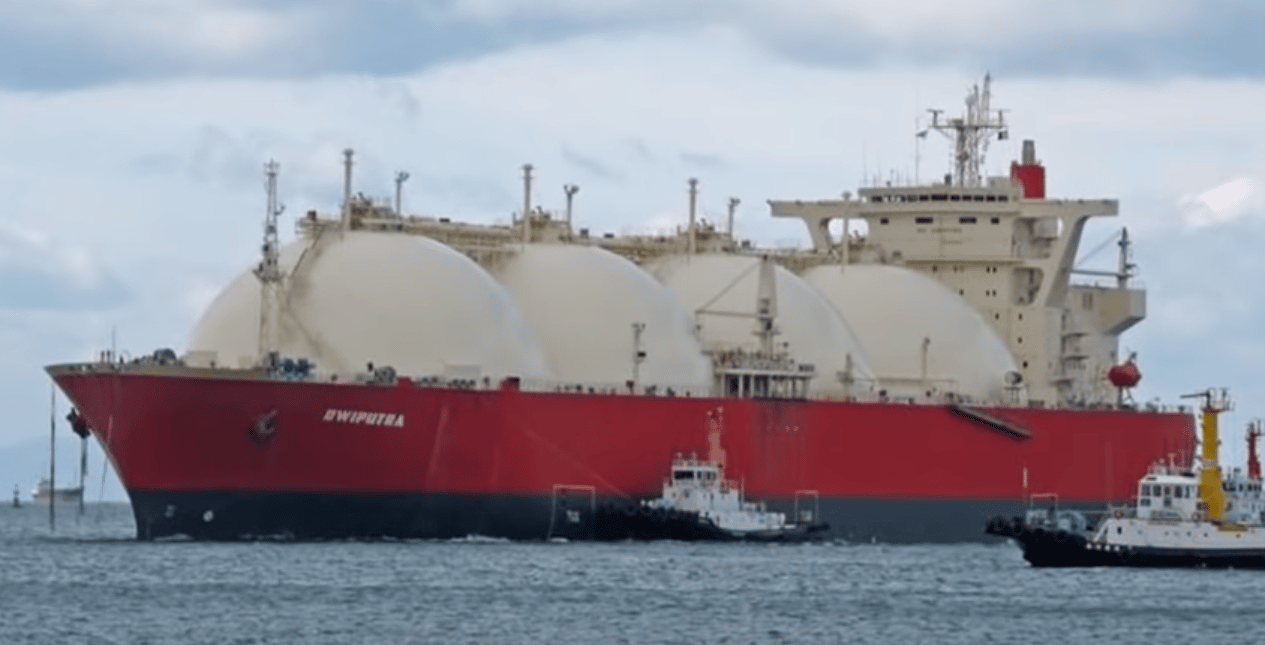U.S. Energy Department Lifts Restrictions on Use of LNG as Marine Fuel

The U.S. Energy Department on Feb. 28 took action to facilitate the use of liquefied natural gas as marine fuel to power vessels. The department announced an order revising a previous directive given to JAX LNG under the prior administration, which had introduced new regulatory oversight on the use of LNG for fueling marine vessels, commonly known as LNG bunkering. JAX LNG is a small LNG facility located in Florida that distributes LNG as fuel to ships.
The new order, which modifies an order issued in December 2024, clarifies that the department is removing the exercise of its authority under the Natural Gas Act for ship-to-ship allocations of LNG for marine fuel use at a U.S. port or in U.S. or other international waters. Bunkering-associated activity that will continue to be defined as an export is when there are vessel-to-vessel transfers of U.S. LNG when the incoming vessel is located in the territorial sea of an overseas country, which includes foreign ports.
The order is in line with a series of executive actions U.S. President Donald Trump issued on Jan. 20 and reinforce the U.S. ‘s goal of stabilizing energy supply and ensuring grid reliability. As part of the executive orders, the Trump administration aims to “unleash American energy” by lifting a pause instituted by the Biden administration on approvals for LNG export facilities.
The utilization of LNG for marine fuel has risen over the last few years and is projected to continue to increase further due to rigorous emissions regulations for shipping. According to the U.S. Energy Information Administration’s, based on the current order book for vessels, the number of LNG-fueled ships is projected to almost double and reach more than 1,200 vessels by 2028. The increase in LNG fueled carries has also been driven by the displacement of oil and oil products in the power sector. This trend is supported by policies, evolving regulatory frameworks and market dynamics.
EnerKnol Pulses like this one are powered by the EnerKnol Platform—the first comprehensive database for real-time energy policy tracking. Sign up for a free trial below for access to key regulatory data and deep industry insights across the energy spectrum.
ACCESS FREE TRIAL